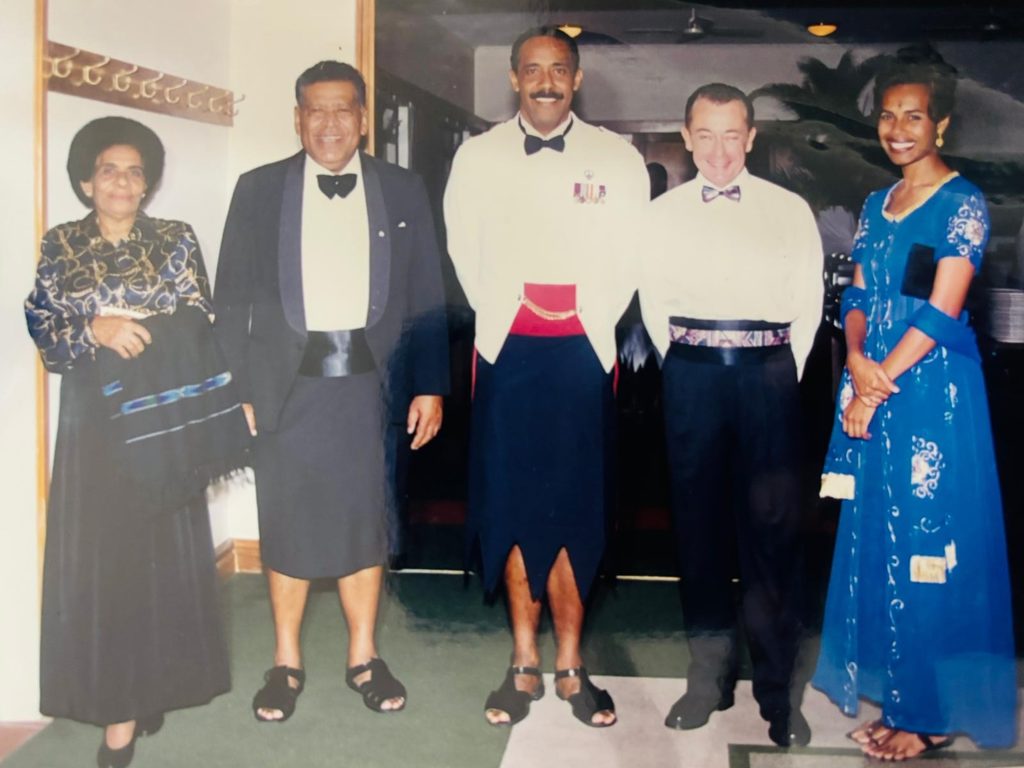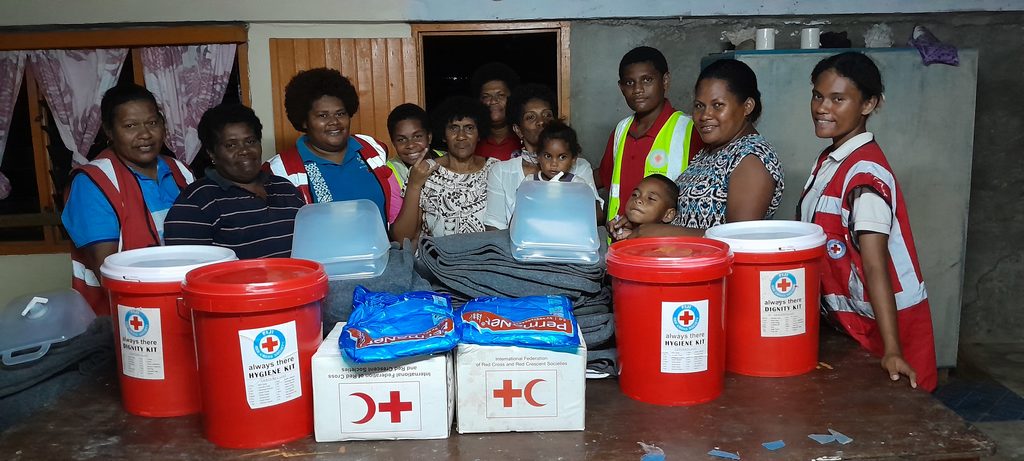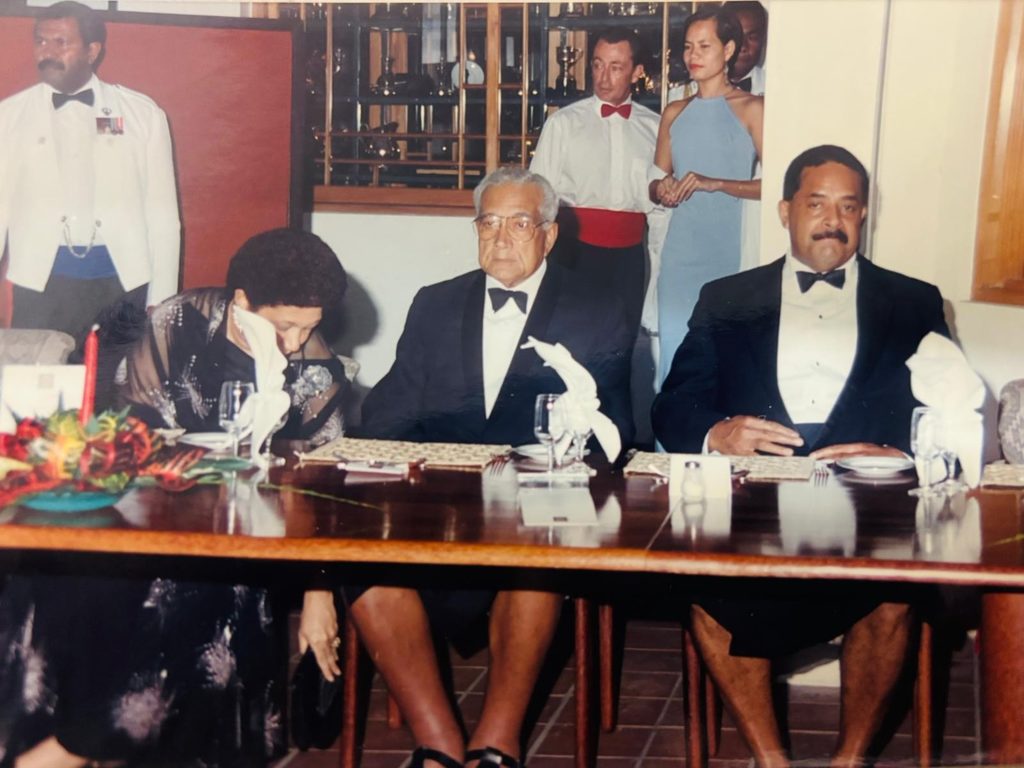The Red Cross Ball was born out of ruin. After wars that left cities hollow and hospitals full, men and women in black coats and gowns gathered not merely to dine but to give. They gave for hospitals, for blankets, for the wounded. They gave because they had seen what neglect looks like, and they wanted something put back together. It was an act so simple that it could be explained in a single sentence: a ticket bought a seat; a seat bought a chance; a chance bought a second life for someone you would never meet.
From that small, sensible beginning the Ball spread — halls in Paris, London, New York filled with music and smoke.
The spectacle was bright, and it was not without vanity. Yet beneath the silver and the crystal lay a harsher ledger: wars leave scars, and hunger does not forget. The money raised in one dining room could, in another year or another place, mean medicine or shelter. That was the lesson: a little — carefully gathered and properly used —can travel far.
The lesson itself is older than the Ball. It begins with one man: Henry Dunant. In 1859, he was a young businessman caught by chance on a battlefield in northern Italy. At Solferino he saw 40,000 men left dead or wounded in a single day. No one came for them. There were no hospitals, no stretchers, no care.
Dunant, horrified, did not turn away. He gathered villagers, tore up sheets for bandages, and began the work of tending to strangers, enemy and friends alike. His simple words became the creed of the Red Cross: Tutti fratelli — “We are all brothers.”
That small act, begun with nothing but will and pity, grew into the International Red Cross Movement.
Dunant lost his fortune but left behind something larger: a society of nations bound by the idea that humanity should come first, even in war. He later received the first Nobel Peace Prize. His story is proof enough that a single act of conscience, by one man with little to his name, can alter the course of history.
It is this spirit that the Red Cross Ball honours. Decades ago, when Fiji became the 118th member of the Red Cross Movement, Fiji joined in the tradition.
In Suva, the Ball became a gathering not just for fellowship but for readiness. Fijians knew then, as they know now, that floods, cyclones and disease strike without regard for class or status.
They knew also that the Red Cross would be there faster than any official response, because its roots are in communities, its strength in volunteers. The Ball was a way to keep that engine running, to place fuel and supplies where they would be needed tomorrow.
For years the Ball carried this torch. It stopped, as things often do, under the pressure of other priorities. But it returns now at a time when Fiji is again vulnerable. The climate grows harsher, seas rise, storms intensify. What Henry Dunant saw on that battlefield — the terrible cost of being unprepared — is no longer just a story from Europe. It is our story too, in villages cut off by floodwaters, in islands battered by winds, in homes whose roofs vanish overnight.
And the truth remains as it was in Solferino: a little goes a long way.
A little leadership from one man led to a global movement. A little act of generosity, multiplied in a ballroom, becomes medicine, blankets, food, training.
A ticket may feel like a small thing, but it may carry across oceans, or across rivers, into the hands of someone who has lost everything. A table bought by a company may look like one night’s entertainment, but in practice it is the foundation of readiness when the next cyclone forms.
The Red Cross Ball is not about gowns or champagne. It is about what a nation chooses to value.
Do we come together only after the storm has broken us, or do we come together beforehand, prepared and united? To support the Ball is to honour the idea Dunant himself proved at Solferino: that compassion, acted upon, is the most practical force in the world.
When the lights go up and the orchestra plays, remember where this tradition began — with one man on a battlefield, refusing to look away. His choice became a movement.
Our choice, today, can ensure that when disaster strikes in Fiji, help arrives not by chance but by design.
A little goes a long way. It did for Henry Dunant. It does for the Red Cross. And it will for Fiji, if we choose it.
Former director general of the Fiji Red Cross Society John Scott, right, pictured with guests at a past Red Cross Ball. Picture: SUPPLIED

Fiji Red Cross Society’s Levuka Branch volunteers with families in Lovoni, Ovalau. The Red Cross Ball will help in funding the society’s vital work in communities across Fiji, ensuring they are resilient to natural disasters. Picture: SUPPLIED



